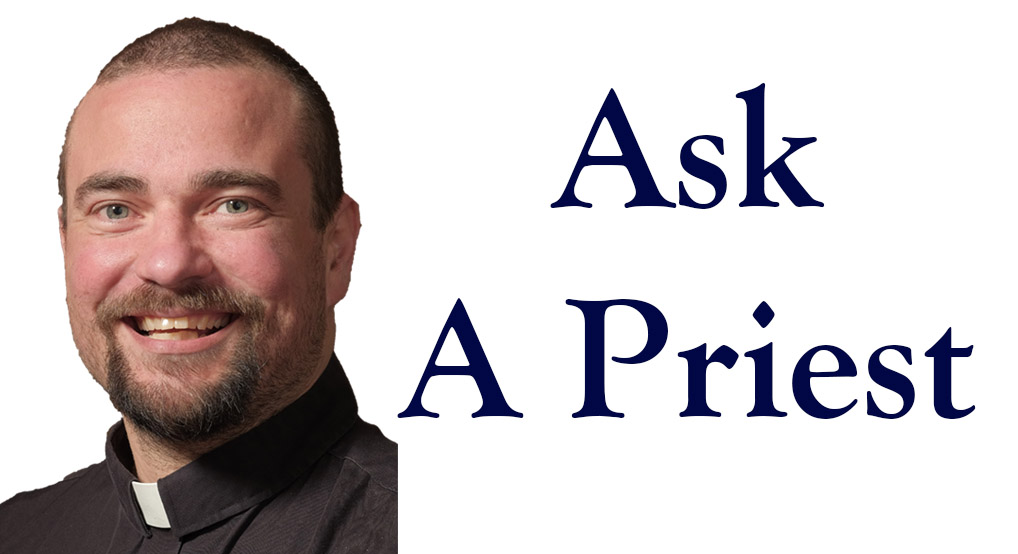The origins of the English word “Easter” are uncertain. The 8th century Benedictine monk, Bede the Venerable, considered to be among the greatest scholars of the medieval West, declared that it originated from Old English and refers to the pagan goddess of spring Eostre, and her celebration of the dawn of the sun at the spring equinox. Another theory is that “Easter” comes from an older German word for east, which comes from an even older Latin word for dawn. In spring, dawns mark the beginning of days that will outlast the nights (the Spring equinox), and those dawns arise in the East. As Christianity overtook the pagan religious customs of the people, the name took on new meaning to describe the feast of the rising of the Son (of God), which occurs soon after the spring equinox each year.
In the East we use the Greek version of the Hebrew word for Passover to describe this feast. Recognizing that just like in the Old Testament feast of Passover, where Moses (with God’s help) overcame slavery in Egypt, Christ – the fullness of everything, is the New Passover who overcomes our slavery to sin and death. Pascha is the original name for the feast, and was used commonly everywhere including the Latin West. In the Ukrainian Catholic Church, in addition to calling the feast Pascha, we also celebrate it as Resurrection Day or simply, the Great Day (Velykden’). Regardless of what we call it, we need to keep our focus on the fact that we serve the resurrected Christ—one who has conquered death on our behalf.

